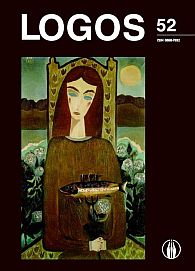KĄ KANTAS IR WITTGENSTEINAS MUMS NORI PASAKYTI APIE RELIGIJĄ
What Kant and Wittgenstein have to Say to us about Religion
Author(s): Saulenė PučiliauskaitėSubject(s): Philosophy
Published by: Visuomeninė organizacija »LOGOS«
Keywords: religion; morality; God; relation; invocation; Sunday problem; good life
Summary/Abstract: The article presents a comparative analysis of Kant's and Wittgenstein's views on religion. In spite of evident differences between their lifestyle and philosophy, both philosophers stress the importance of the moral or "good" life, and think little of the importance of rituals. However, Wittgenstein seems to appear closer to the common notion of religious life, as his attitude to religion, to God, stems from his personal experience of life, which is expressed not in his thoughts, but in invocations. But there is one feature which unites their thought in one direction. Namely, when they try to express their thoughts about religion, they speak from outside it, not from inside. Perhaps philosophy cannot do as much as that. Therefore, it will never exhaust the meaning of religion, as it appears to religious people, who do not "have views on religion", but live in it and direct their lives according to it.
Journal: LOGOS - A Journal of Religion, Philosophy, Comparative Cultural Studies and Art
- Issue Year: 2007
- Issue No: 52
- Page Range: 47-61
- Page Count: 15
- Language: Lithuanian

